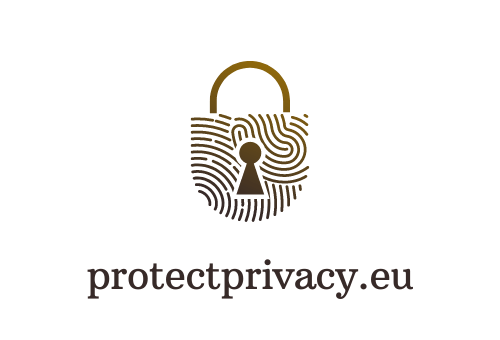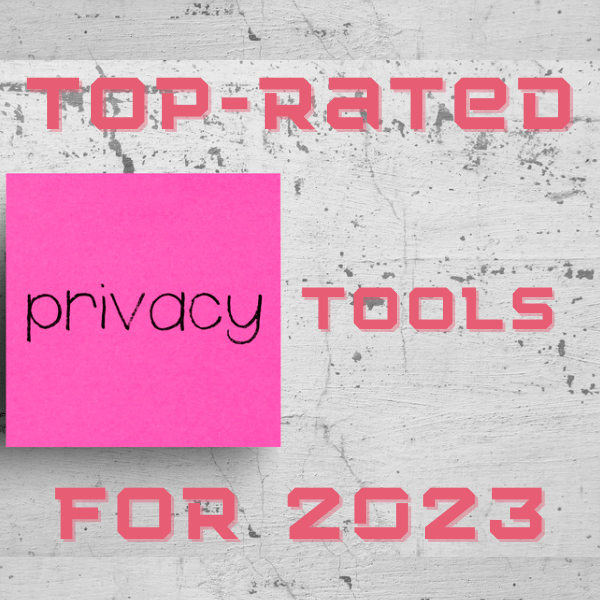Personal Data Protection: Tips and Tricks for Everyday Users

In a world increasingly interconnected through the internet, safeguarding personal data is more crucial than ever. Cybersecurity isn’t just for IT professionals; it’s a fundamental skill for everyone. This comprehensive guide provides practical advice to help everyday users protect their personal information online.
Understanding Personal Data Protection
The foundation of online security is understanding the value of your data. It’s not just about preventing identity theft; it’s about preserving your privacy and digital autonomy. Your data, when in the wrong hands, can be misused in a myriad of ways, from financial fraud to personal harassment.

Navigating Social Media Safely
- Audit Your Privacy Settings: Regularly update your privacy settings to control who sees your information on social media platforms.
- Mindful Sharing: Refrain from posting sensitive personal details like your address, financial information, or intimate life details.
- Third-Party Apps Scrutiny: Be cautious about granting third-party apps access to your social media accounts. Regularly review and adjust these permissions.
Passwords: Your Digital Locks
- Strong, Unique Passwords: Create complex passwords that are difficult to guess. Each account should have a unique password to prevent a domino effect if one account is compromised.
- Password Managers: Utilize password managers to maintain a vault of strong, unique passwords that you don’t need to memorize.
- Change Passwords Regularly: Update your passwords periodically to bolster security.
Two-factor authentication (2FA)
- Embrace 2FA: Implement two-factor authentication wherever available to add an extra security layer.
- Authenticator Apps over SMS: Use authenticator apps rather than SMS for codes, as they’re more secure against interception.
Staying Ahead of Phishing Scams
- Spotting Phishing Attempts: Be alert to emails or messages that request personal information, especially if they instill a sense of urgency or fear.
- Source Verification: Always verify the authenticity of requests for personal information.
- Antivirus and Anti-Phishing Tools: Use reliable antivirus and anti-phishing tools to protect your devices from malicious software and websites.
Securing Internet Connections
- VPNs for Public Wi-Fi: Always use a Virtual Private Network (VPN) when accessing public Wi-Fi to encrypt your online activities.
- Sensitive Transactions on Secure Networks: Conduct financial transactions and sensitive activities on private, secure networks only.
Regular Software Updates
- Update for Security: Regularly update your operating system and applications to patch security vulnerabilities.
Education and Awareness
- Stay Informed: Regularly educate yourself about the latest cybersecurity threats and protection strategies.
- Cybersecurity Training: Engage in cybersecurity awareness programs to enhance your understanding of online threats and how to avoid them.
Backing Up Data
- Consistent Backups: Regularly back up important data to an external drive or cloud service. This ensures data recovery in the event of a cyber-attack or hardware failure.
Proactive Monitoring
- Financial Vigilance: Regularly review your bank and credit card statements for unauthorized transactions.
- Credit Reports: Monitor your credit reports to quickly identify any fraudulent activities.
Developing a Security-Minded Culture
- Skeptical Approach: Approach all online interactions with caution, especially when dealing with unknown entities or offers.
- Family Education: Educate family members, especially children and elderly relatives, about the importance of online privacy and security.
Read Next: Emerging Cyber Threats – What To Look Out For In 2024
Conclusion
Protecting your data online is an ongoing process that requires vigilance, education, and the use of effective security tools and practices. By adopting these tips and strategies, you can greatly reduce your vulnerability to cyber threats and ensure your personal information remains secure. Remember, in the digital world, your data is your identity, and protecting it is paramount.








